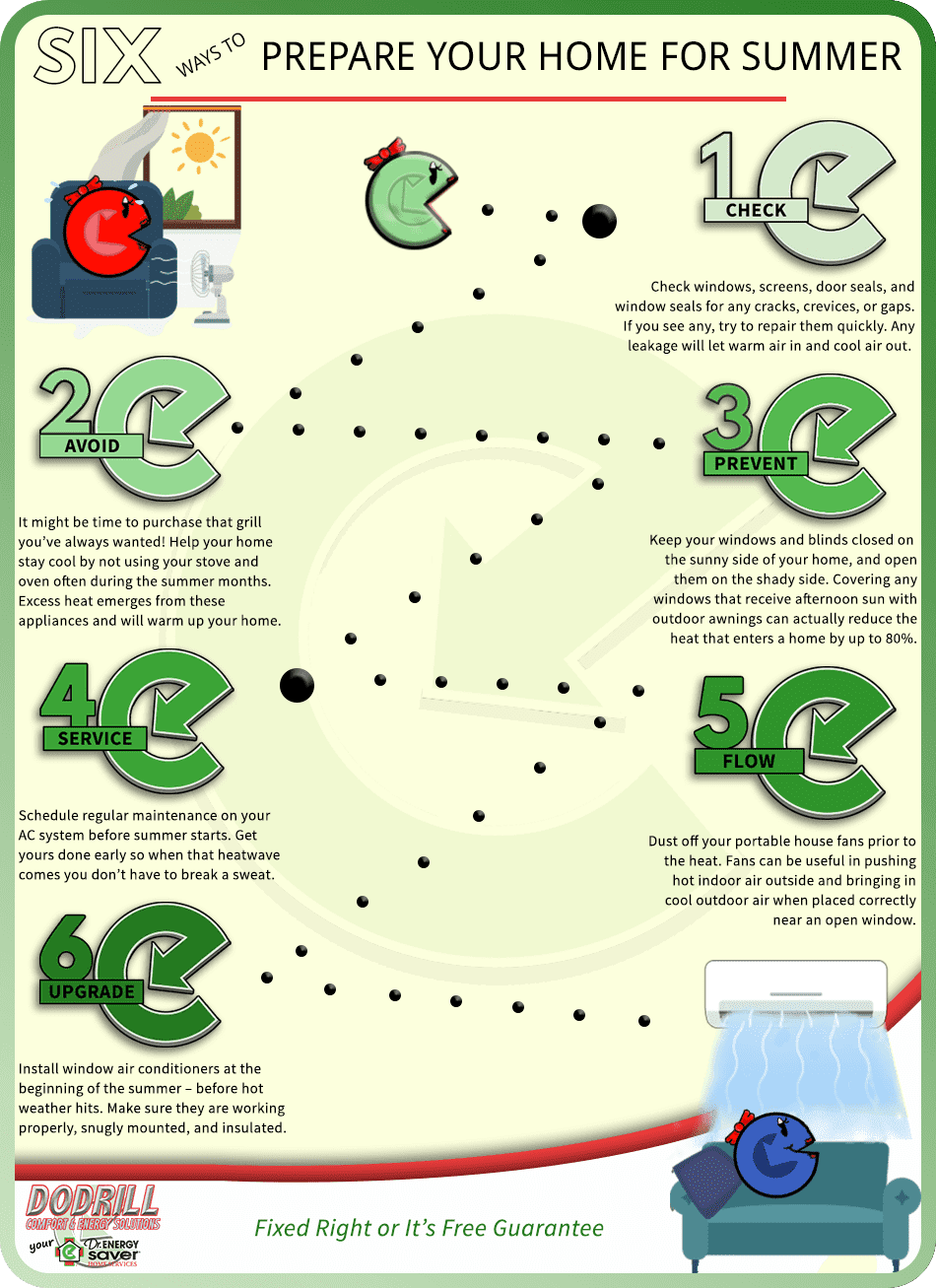Energy-Efficient Windows: Are They A Smart Financial Option?
Energy-Efficient Windows: Are They A Smart Financial Option?
Blog Article
Web Content Develop By-Blair Nixon
When considering home renovations, you may wonder if energy-efficient home windows deserve the investment. Certain, they include a greater upfront expense, yet the prospective lasting advantages might exceed that first cost. From reduced energy costs to increased convenience, these home windows offer a number of advantages. But are they actually the clever choice for your home? Let's explore what you need to know prior to choosing.
Advantages of Energy-Efficient Windows
When you purchase energy-efficient home windows, you're not simply boosting your home's look; you're additionally reaping significant advantages.
These windows can dramatically decrease your energy costs by reducing heat loss in wintertime and maintaining your home cool during summer season. You'll notice a much more regular indoor temperature level, making your home much more comfortable year-round.
Furthermore, energy-efficient home windows frequently feature UV security, protecting your furniture and flooring from fading. They likewise improve your home's value, making it much more attractive to prospective customers.
Plus, several energy-efficient windows receive tax obligation credit ratings or rebates, giving you with extra savings.
In short, this financial investment repays in comfort, cost savings, and increased residential property value.
Potential Disadvantages and Considerations
While energy-efficient home windows provide various benefits, there are prospective disadvantages and considerations you need to remember.
First, the first price can be dramatically higher than typical windows, influencing your budget. Setup can also be more complicated, calling for experienced professionals, which might cause additional expenses.
In addition, you could encounter limited style options or color selections compared to traditional home windows. It's important to guarantee your home's framework works with energy-efficient models, as retrofitting can be expensive and taxing.
Lastly, realize that while https://postheaven.net/hollis2541issac/the-benefits-and-drawbacks-of-numerous-home-window-framework-materials decrease energy usage, they may not get rid of drafts or condensation totally.
Evaluate https://azbigmedia.com/real-estate/how-to-deal-legally-with-remodeling-or-construction-defects/ to identify if the investment straightens with your details requirements and circumstances.
Calculating Long-Term Savings
To optimize your investment in energy-efficient home windows, it's critical to calculate the long-term savings they can give. Start by analyzing your current power expenses and estimating just how much you can reduce heating & cooling costs.
Energy-efficient home windows minimize power loss, which implies lower monthly expenditures. You can utilize the Power Star financial savings calculator to identify possible cost savings based upon your location and window specifications.
Additionally, consider any type of available tax obligation credit scores or refunds that can balance out the initial costs. By factoring in these cost savings gradually, you'll see that the investment not just spends for itself yet additionally contributes to your home's long-term worth.
Inevitably, understanding these financial savings helps you make an educated choice.
Final thought
To conclude, buying energy-efficient windows is a clever move for your home. While the in advance expense may seem high, the long-term financial savings on power costs, enhanced convenience, and protection for your furnishings make it beneficial. Plus, you could even receive tax obligation credit scores and enhance your property worth. By picking these windows, you're not only boosting your home however likewise contributing to a more lasting future. It's a win-win for both you and the planet!
